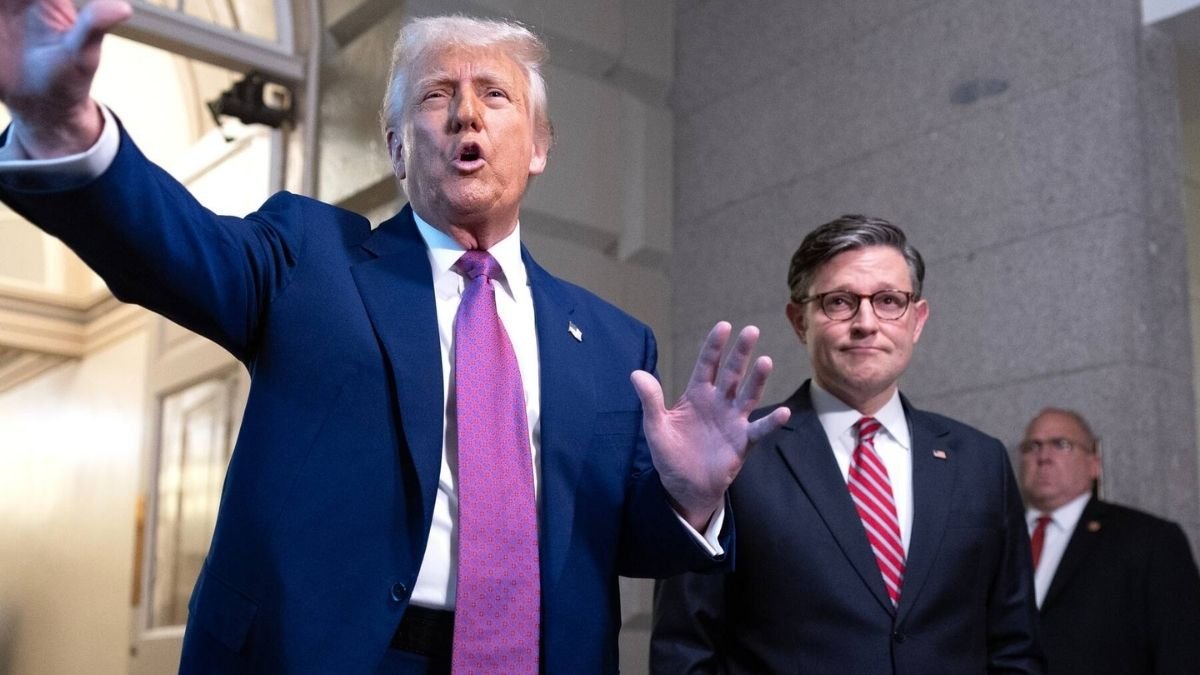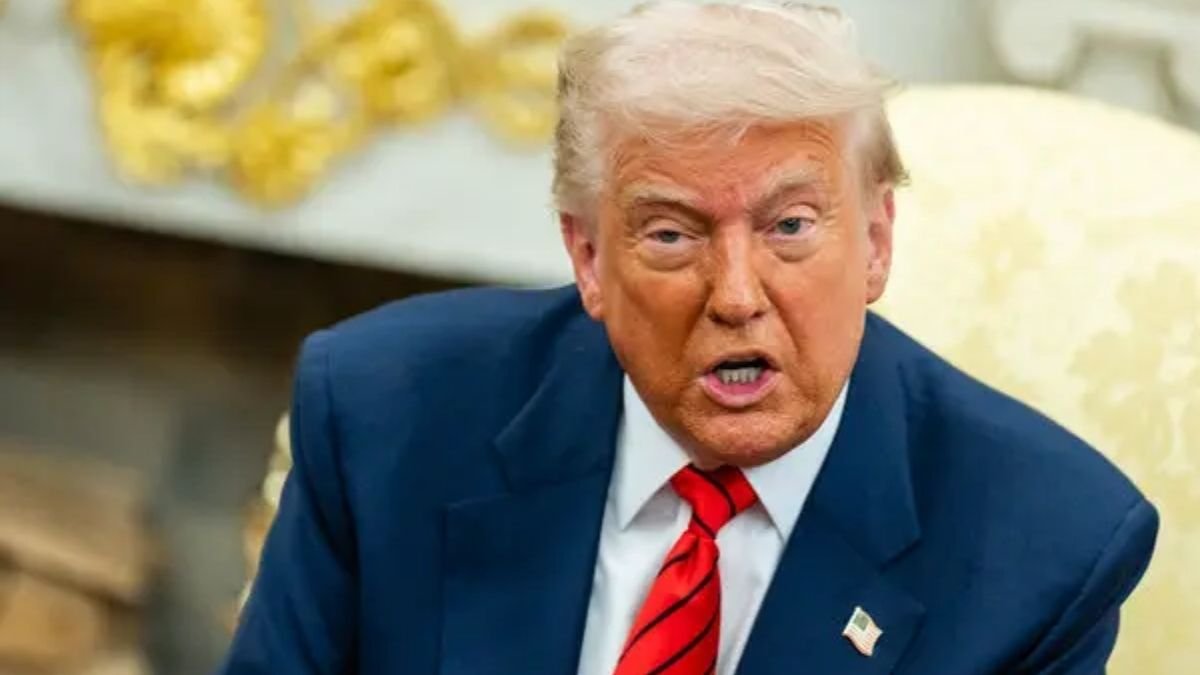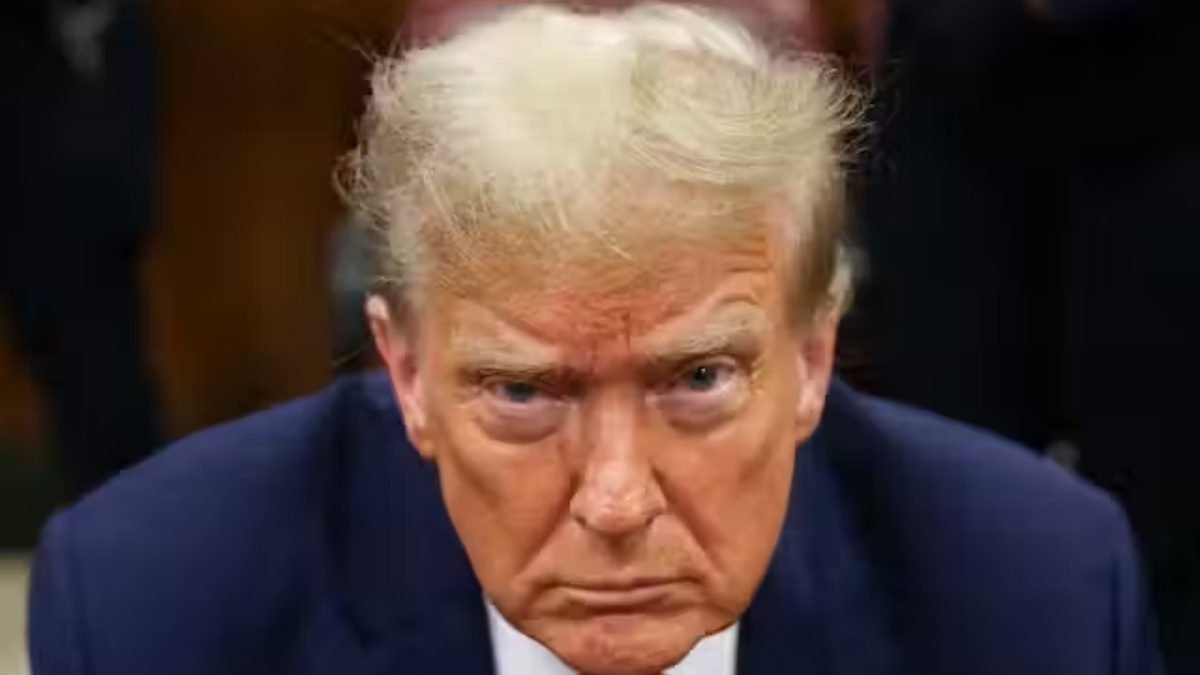House Speaker Mike Johnson (R-La.) is walking back his claim that former President Donald Trump once acted as an FBI informant in the Jeffrey Epstein investigation.
The reversal comes as pressure grows in Congress to release more documents tied to Epstein, the convicted sex offender whose powerful connections and mysterious death continue to stir public interest.
In recent weeks, Democrats joined by a handful of Republicans have pushed for legislation requiring federal agencies to make additional Epstein records public. They argue that transparency is the only way to restore public trust and put to rest the speculation surrounding Epstein’s ties to influential figures.
Johnson’s initial comments raised eyebrows. The suggestion that Trump may have assisted federal investigators added fuel to a case already surrounded by conspiracy theories. By backtracking, Johnson appeared eager to quiet the storm and steer attention toward broader questions of disclosure rather than speculation about Trump’s role.
Trump has long tried to distance himself from Epstein. He often points out that he banned Epstein from Mar-a-Lago, his private Florida estate, years before Epstein’s 2019 arrest.
Still, Trump has dismissed the latest push for information. He called the renewed demands for transparency “a Democrat hoax that never ends,” portraying it as another partisan attack aimed at weakening him politically.
For Johnson, the issue is complicated. As House speaker, he faces pressure from Democrats demanding accountability, Republicans wary of reopening old scandals, and a public that still has questions about Epstein’s crimes and connections.
Some Republicans see releasing the files as a way to rebuild faith in the justice system. But many others are hesitant, fearing what the documents might reveal or whom they might implicate.
Epstein’s story remains one of the most politically sensitive sagas in recent memory. His circle included prominent figures from politics, business, and even royalty. His death in a Manhattan jail ruled a suicide only intensified suspicion that powerful people may have had a stake in keeping him silent.
For Democrats, transparency keeps the focus on accountability and prevents the story from fading away. For Trump and his allies, it’s a distraction another attempt, they argue, to tie him to a scandal he insists he severed ties with decades ago.
Johnson’s retreat from his “informant” comment shows how delicate the politics around Epstein remain. One wrong word can ignite speculation, dominate headlines, and force Republicans to clarify their position.
While Johnson may want to move past the controversy, the questions surrounding Epstein are unlikely to fade soon. Lawmakers will continue pressing for more records, and the public’s appetite for answers has not gone away.
[inline_related_posts title=”RECOMMENDED” title_align=”left” style=”list” number=”2″ align=”none” ids=”” by=”primary_cat” orderby=”rand” order=”DESC” hide_thumb=”no” thumb_right=”no” views=”no” date=”yes” grid_columns=”2″ post_type=”” tax=””]
For now, Johnson is signaling caution. He no longer wants to stoke rumors about Trump’s role. Instead, he is trying to reframe the debate around government transparency.
But in Washington, retreating from one claim rarely ends the discussion. On Epstein, the demand for answers is only getting louder.















